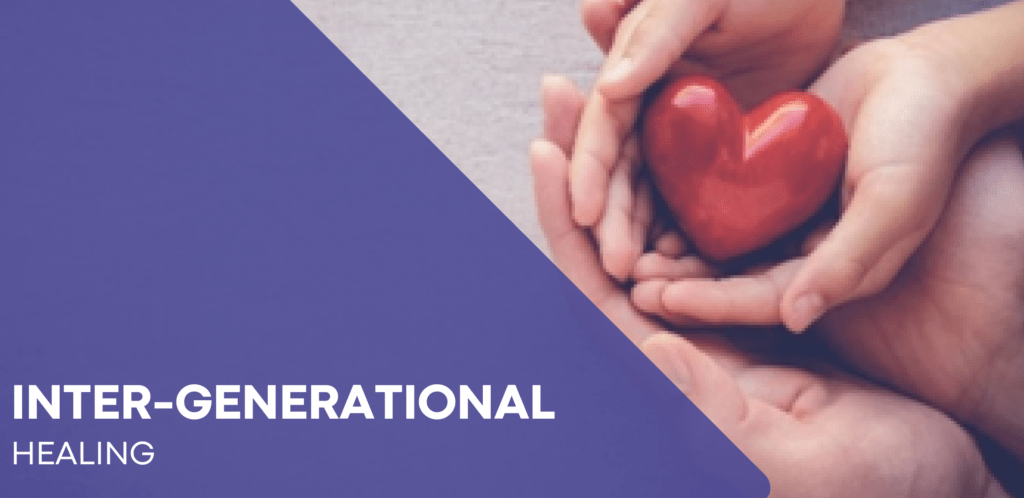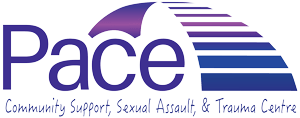
IGH (Inter-Generational Healing) is a closed support group that provides participants the opportunity to understand and work through underlying and often complex issues and challenges to safe and positive parenting. Participants will build or add to their toolkits to enjoy more positive outcomes in their parenting journey and strengthening parent /child relationships.
Who is the IGH group for?
- Adults in a parenting/primary caregiver role, who are concerned that trauma from their past, and/or trauma experienced by a child in their care, may be negatively impacting their relationships.
- Adults in an extended parenting/primary caregiver role, supporting children who have been exposed to trauma, such as aunts, uncles, adult siblings, etc.
- Adults supporting the parenting role of other adults, where trauma has been a significant factor in the family history.
IGH Group will be offered by PACE in Grande Prairie.
September 11th 2023, and ending December 2023.
Group will be held Monday evenings from 6:30pm to 8:30pm.
For more information, or to arrange for screening and an intake interview, please contact Pace.
INTER-GENERATIONAL HEALING
780-539-6692
Knowing when to seek help can be a significant step in the healing journey. The following list may help applicants decide if this group is the right fit for them. The list is not exhaustive and may apply to the adult, or child or both:
- Easily upset or discouraged over seemingly small things.
- Quick to anger, may be verbal or physical outbursts.
- Denial of problems in relationships, defensiveness.
- Difficulty in focus or concentration.
- Difficulty identifying, discussing, or controlling feelings: overwhelmed or flooded with emotion.
- Compulsion to control relationships, other’s behaviors, and/or personal environment.
- Difficulty in making, and or following plans.
- Engaging in risk taking, or impulsive behaviors.
- Ongoing difficulties in family or social relationships.
- Caretaking of others at own expense, and/or other self-harming behaviors, such as addictions, self harm, or eating disorders.
- Ongoing physical, emotional, or mental health issues.
